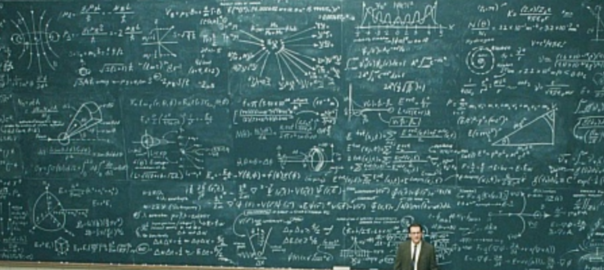
As we look ahead to a new year, there are often feelings of hope and trepidation, a sense of a fresh start battling with nascent fatalism that wonders if life can change. The good news is that while we cannot control all the decisions of others or the events around us, we can prayerfully make wise decisions. Here are four more certainties for the coming year.
Fourthly, apocalyptic climate change propaganda will continue, along with reasoned pushbacks that call for environmental sanity that does not impoverish the working classes around the world. Global prosperity will always include a carbon footprint, and only elites sheltered from economic realities are promoting draconian policies. Thoughtful women and men will call for both/and approaches that sustain economies while developing amazing new technologies.
A fifth certitude is that many women and men will question traditional religious values and “deconstruct” their faith, while millions more find the freedom of the gospel. This paradox is reflected in the New Testament as the writers expect global evangelization and great apostasy, with awakenings matched by persecution. Serious Christians and healthy local churches will be places of intellectual, spiritual, and social refuge for women and men searching for meaning and truth. God hears the prayers and records the tears of millions crying out for an awakening.
Sixth, the gender chaos of the LGBTQIA+ movements will continue, but thoughtful men and women will offer nuanced responses to this anarchy, and its deliberate recruitment of vulnerable children and adolescents. Underneath the social trends is the deconstructionism of post-modern and Marxist ideologues that desire the end of the biological family and the remaking of human persons as transhuman group members, rather than male and female individuals with freedom. The good news is that reasonable people are seeing through the nonsense and offering ways forward that allow adults liberty while shielding children from nefarious agendas.
Finally, the new year offers an invitation from God to all: will we find our identity, peace, and rest through faith in Christ, or will we pursue our own idols and finish another year in frustration? Five questions that can help us as we aim for a flourishing life: 1) Will we live in humble reverence before God or make self-fulfillment our chief aim? 2) Will we allow the Lord to heal and bring hope, or will we wallow in fatalism? 3) Will we relate to others with love and wisdom, or see people only as a means to an end? 4) Will we discover and articulate a life mission that honors God and serves others, or live for momentary pleasures? And 5) Will we offer each day of work as an act of worship, or merely trudge along and live for Friday night? For more on these dimensions of life, go to www.discipleshipdynamics.com and discover the abundant life Christ has designed for each of us.
Please join me in welcoming the challenges and opportunities ahead. We are not alone. Our Lord is with us, and there are millions of faithful and thoughtful sisters and brothers praying for and with us.


